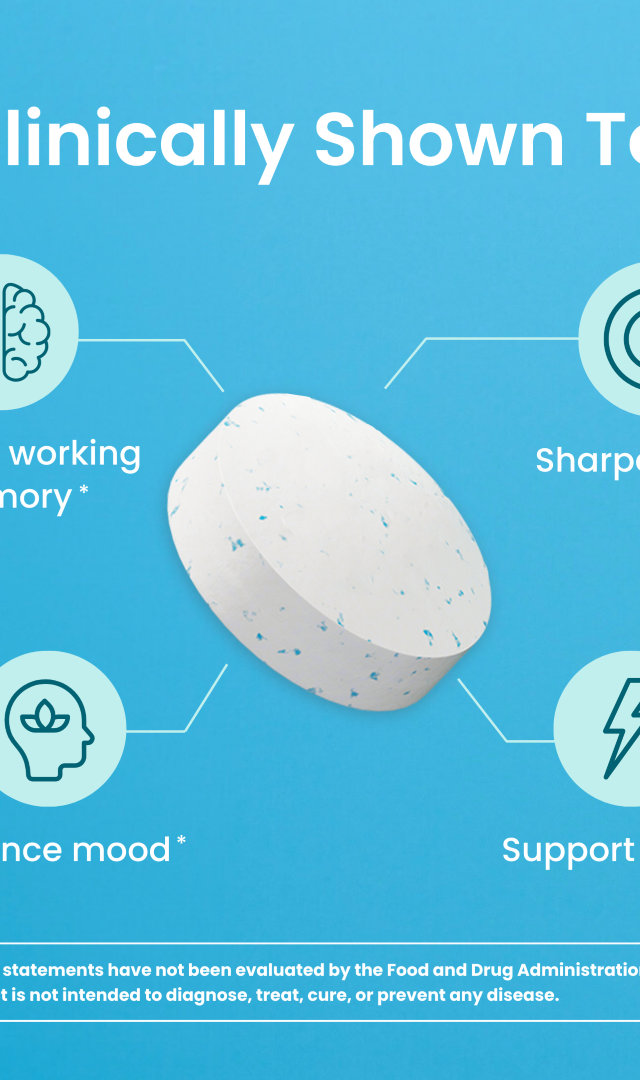Somewhere in my mid twenties I gave up on the stubborn notion that I could go without much more than four hours of sleep. No surprise, I started feeling more rested.
But like many who get the recommended amount of sleep, I still didn't really ever feel like I was well rested. I added exercise and ate better, tried all the standard tactics, but feeling truly energetic in the morning eluded me.
I only later discovered that getting great sleep requires a few tips that haven't yet found their way into our culture as conventional wisdom. Here are eight of the best little-known tips you can use to become a sleep genius.
1. Get Some Sun When You Wake Up

Sunlight plays an important role in our body's natural rhythm, telling our body when to start pumping up the energy. Step outside for your morning coffee, or if you can't get outside get real close to a window and open that shade.
If you tell your body it's still time to keep sleeping with low and artificial light, it won't know when to get back to bed the next evening, so grab some morning rays and enjoy the natural energy boost.
2. Skip the Hot Shower or Bath
Yeah, it's nice to jump into bed clean. Problem has it when you get into a warm bed after a warm bath your body doesn't cool down, and we are built to sleep best between temperatures of 60-67 degrees Fahrenheit. If you want to shower in the evening, try to make sure you do it with a couple hours left before you go to sleep.
3. Take a Cold Shower or Bath

Plot twist! There's a good way to bathe before bed, and though it's not pleasant, it will send an effective signal to your body. Take a cold or cool bath to start lowering your body temperature for bed. It's better for your skin, and it'll make your bed feel wonderful to crawl into.
4. Eat Before Bed

Tim Ferriss recommends eating food with a low glycemic index before bed so that you wake up in the morning with some fuel still working in your system. This little tip is pretty genius. A small snack gives your body something to work with so that over the eight hours of sleep, it doesn't starve. Don't go crazy, this should be a small amount of healthy food to avoid heartburn and indigestion which will make your sleep suffer.
5. White Noise

Your ears don't turn off during the night, and you don't always remember moments of waking from sleep to small noises during the night. Instead of trying to create a silent room, use a fan, air purifier, or white noise generator to create a steady sound that can help you ignore other small sounds in the night, making sure that when you do finally fall asleep, you can remain at rest.
As an added bonus, this white noise now becomes a sort of signal that your brain gets used to, telling it that it's time to sleep.
6. Keep A Notebook By Your Bed

Before we sleep we often have great ideas, or remember something we need to do the next day. That sends us into a state where we are trying to firm up the thought in our minds so that we can remember it the next day. This concern over losing the thought encourages a sort of worried and anxious feeling that makes it difficult to sleep. Keep a notebook so that you can write it down immediately and feel relieved that the thought won't be forgotten during your sleep.
7. Use 90 Minute Blocks

A sleep cycle takes something like 90 minutes to complete, and waking up during the middle of these will have you feeling drastically less rested during the day. What this means is that you should plan your sleep around these, and try to wake up as close to a point between these phases as possible.
So three of these blocks would be six hours long, which is a minimum amount of sleep to aim for per night. One more adds up to seven and a half hours of sleep, which you should add roughly a half an hour to in order to account for time it takes to get to sleep. This is where the eight hours of sleep number comes from.
Other ways to use this to your advantage are when you need a good nap during the day. If a power nap isn't going to cut it, a 90 minute nap is your best bet to wake up feeling ready to tackle the rest of the day.
8. Be Consistent With Meals

We know our body follows a rhythm, and we know it's important to our sleep. What is also true is that these rhythms don't just stop when we wake up.
They happen all day long, but they can be disturbed by our habits. When you take in food is a very important part of this cycle, so it is just as important as sleeping and waking at roughly the same times as it is to try to eat at the same times. This will allow your body to adapt to a real schedule and start optimizing for it.
Try building these habits in the coming weeks and tracking how you feel each day. Don't give up hope on finding something that works for you, and if you've got some tips for ways we haven't listed here, let us know in the comments below!




























